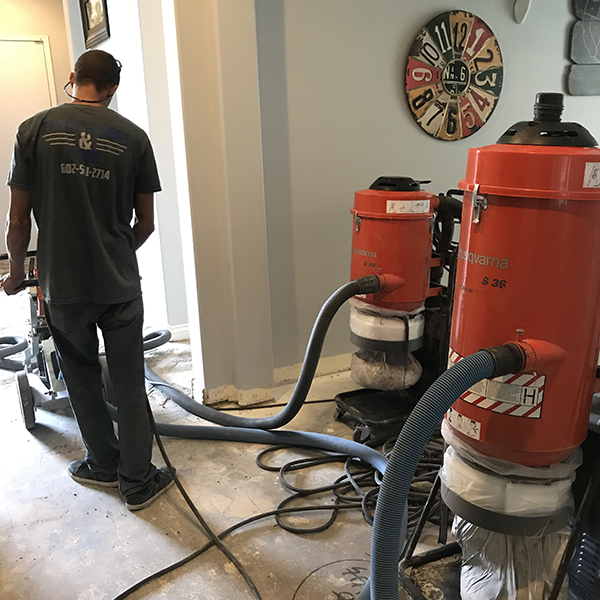
What is HEPA?
What is HEPA?
The HEPA (/hp/, high-efficiency particulate air) filter, also known as the high-efficiency particulate absorption filter and the high-efficiency particulate arrestance filter, is an air filter efficiency standard.
Filters that fulfill the HEPA standard must meet specified efficiency requirements. Common standards require that a HEPA air filter remove at least 99.95 percent (ISO, European Standard)[4][5] or 99.97 percent (ASME, U.S. DOE) of particles with diameters equal to 0.3 m from the air that passes through, with filtration efficiency increasing for particle diameters less than and greater than 0.3 m. HEPA filters capture pollen, dirt, dust, moisture, bacteria (0.2-2.0 m), virus ( (PCO). HEPA may also collect certain viruses and bacteria as small as 0.3 m. HEPA can also capture floor dust containing Bacteroidia, Clostridia, and Bacilli.
HEPA filters were commercialized in the 1950s, and the original term became a registered trademark and later a generic trademark for highly efficient filters. HEPA filters are used in applications that require contamination control, such as the manufacturing of hard disk drives, medical devices, semiconductors, nuclear, food, and pharmaceutical products, as well as hospitals, homes, and vehicles.

